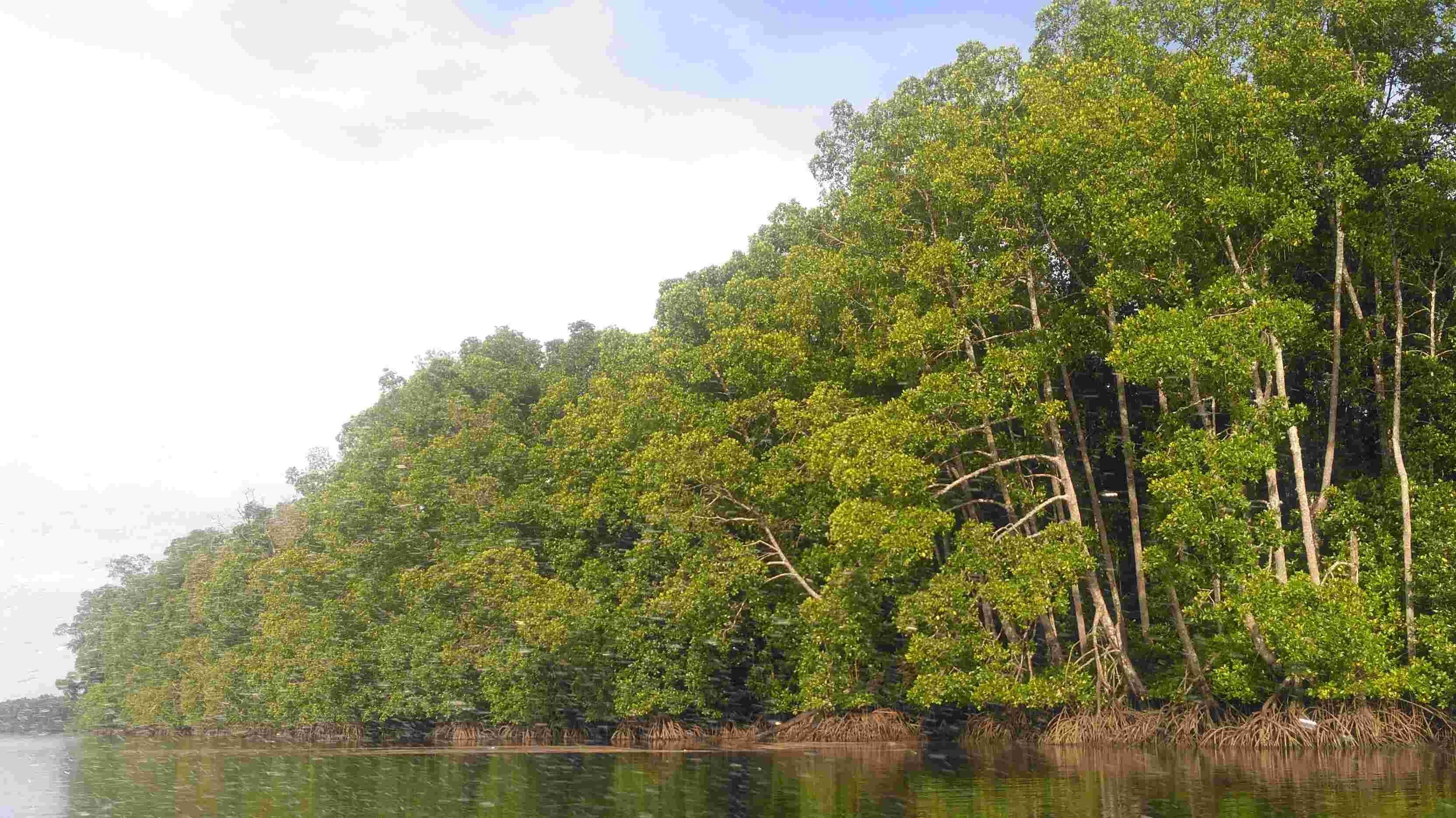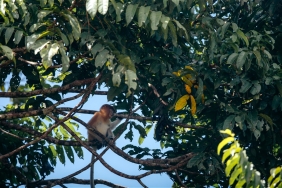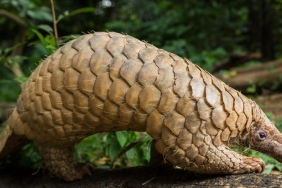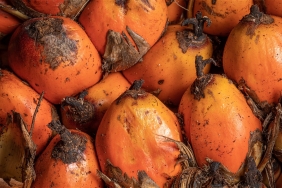COLLABORATION TO PROTECT FORESTS AND BIODIVERSITY
Forests play an important role for life on earth. They help keep our climate stable, absorb carbon dioxide and release oxygen. Forests regulate our water supply and improve its quality. Forests also provide a home for more than half of all terrestrial species and harbor a rich biodiversity that is the lifeblood of local communities.
The forest rehabilitation program is conducted under the NEWtrees scheme. Usually, at the beginning of the program, the field team embraces farmers who are gathered in existing groups. They are involved in participatory cooperation to determine planting locations based on critical land maps, data on soil shift vulnerability, land status, and ownership. But in this village, this is not enough. The process of rehabilitation/restoration activities began with a lively discussion with traditional leaders/ninik mamak, the Kampar Saiyo Farmers Group, and community representatives. The traditional leaders offered corrections. Agreements must be made not just with the farmer group, but with the larger collective, the tribe. The status of the majority of land in West Sumatra is customary. Within the scope of a smaller nagari, it becomes communal land whose control rights are in the hands of the tribe. Almost no land is privately owned. Working with farmers means working with the tribe of which each farmer is a member because farmers will be using land that is not privately owned. Based on the discussion, around 5,000 seedlings were planted on 50 hectares of kiritis land. The types of plants consisted of durian (Durio zibethinus), mangosteen (Diospyros malabarica), duku (Lansium sp.), and avocado (Persea americana). The rehabilitation/restoration activities were carried out in the Kampar watershed with an area of about 50 hectares. After planting, plant growth was monitored through geotagging. This activity does not only see whether the plants are alive or dead, but also measures the growth of the plants by measuring the height of the plants, the circumference of the stem, taking coordinate points, photos, and some other data. The data can be viewed by the public through the website map.newtrees.org. In addition to forest rehabilitation, the partnership with Pigeon also focuses on increasing the capacity of local community resources through a Microfinance Workshop on household-scale financial management. This is considered very important to do to see the extent of the mothers' ability to organize and manage household finances towards a better standard of living. This activity was attended by 51 housewives with the speaker Halkadri Fitra, Lecturer at the Faculty of Economics, Padang State University. In the process of this workshop, participants were also given questionnaires related to household scale finance. Mothers were very enthusiastic in participating in this workshop, as evidenced by the number of participants who attended and the questions given to the speaker. The majority of the participants were 31-40 years old and most of them were housewives or had no other jobs. Around 60% of the participants had only finished primary school and 9.80% had completed high school. In this village, a Women's Farmer Group has also been formed which focuses on growing medicinal plants and vegetables for family needs. From the results of the assessment that has been carried out, in general, the community already knows and understands how to manage household finances, how to limit spending money on unnecessary things, the importance of saving for the future, and other things that are useful for achieving future prosperity. In the workshop and discussion sessions, the presenters also provided insights and inputs on how to manage finances, how to save, invest, and the importance of education for the children in the family. This is also one of the efforts to save the village from the threat of environmental damage and improve the welfare of the people of Muaro Sungai Lolo.





